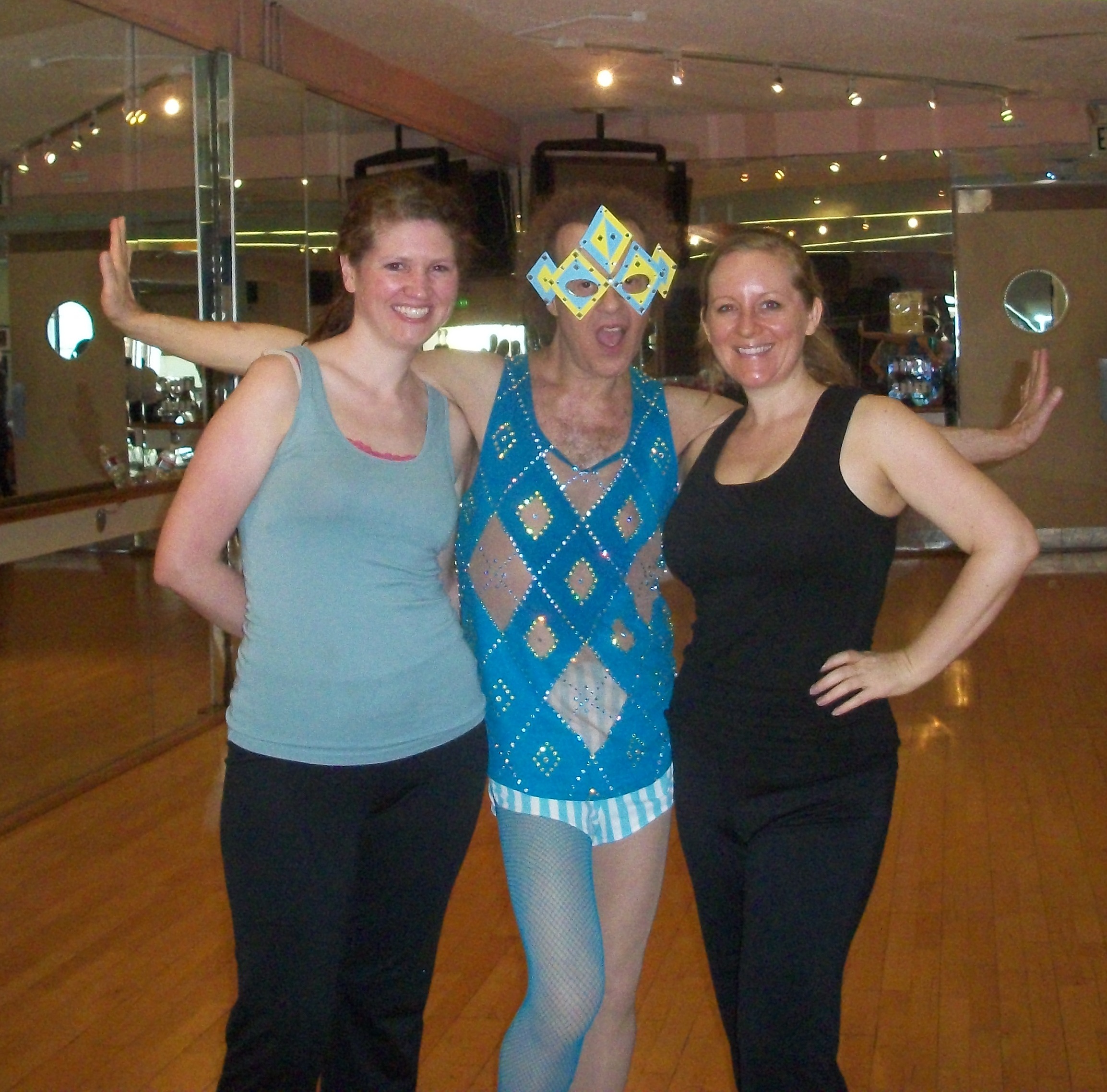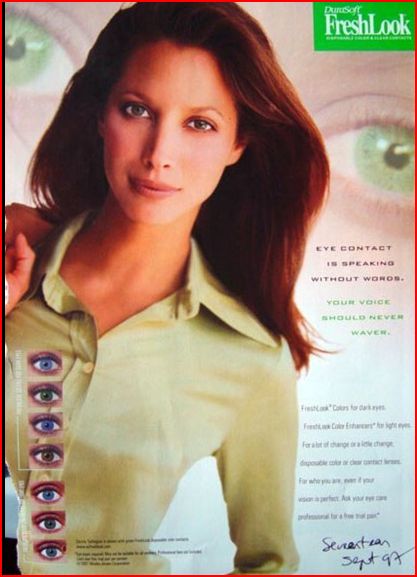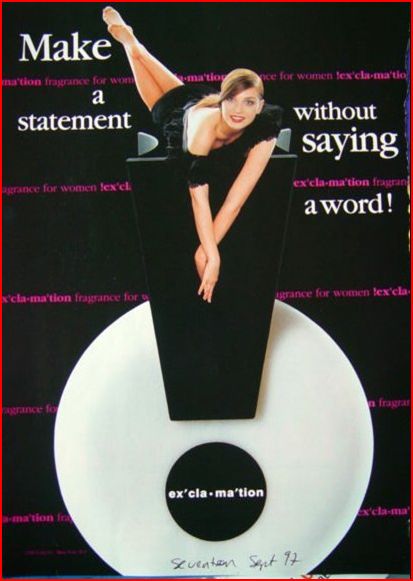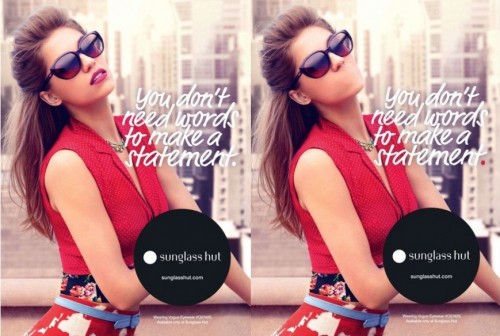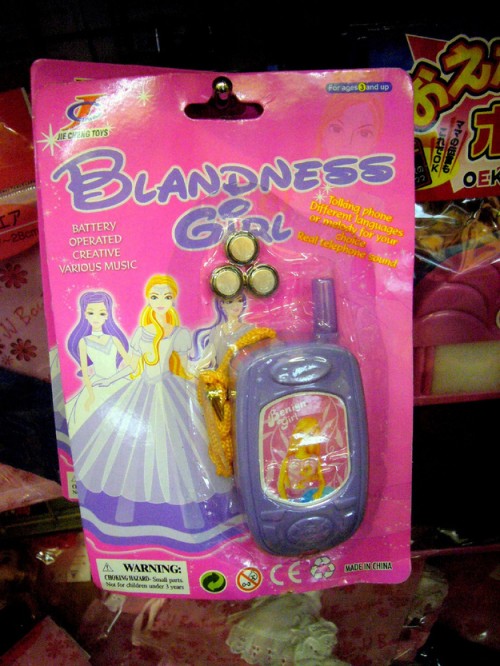Most people assume that the various benefits we collectively describe as “welfare” go to people who aren’t working. The truth is, however, that some people with full-time jobs still find themselves below the poverty line. The U.S. federal minimum wage is $7.25 an hour. A full-time employee who doesn’t miss a single day of work for a year earns $290 a week; that’s 15,080 a year. According to how the government measures poverty, that’s enough to support a single adult. For a single adult with a child, however, it’s officially below the poverty line. It’s $4,000 below the poverty line for a family of three. When a person has a full-time job, but still lives in poverty, they are what sociologists call the “working poor.”
Some welfare benefits, then, go to people who do work. The Supplemental Nutrition Assistance Program, better known as food stamps, is an example. Working parents have always comprised a large percentage of people receiving food stamps. Today the number of working families who rely on food stamps is higher than it’s been in over 20 years (source). These numbers reflect the impact of the recession generally, but also the extra-burden placed on already struggling families. The first chart shows the rise of poor families, the second shows the increase in the working poor using food stamps.
This kind of data inspires me to ask if this is what a functional economy looks like. We have policies — e.g., the federal minimum wage and somewhat laissez faire free market policies — that create a situation in which working full time doesn’t allow a single parent to support even one child. When we hear criticisms of people who receive benefits, then, we should be careful to remember that their economic crisis is not a straightforwardly personal characteristic, one that can be explained by a poor work ethic or disorderly personality. There are structural reasons that people end up in need. We have three choices: let them suffer and perhaps die, help them, or change our society.
Lisa Wade, PhD is an Associate Professor at Tulane University. She is the author of American Hookup, a book about college sexual culture; a textbook about gender; and a forthcoming introductory text: Terrible Magnificent Sociology. You can follow her on Twitter and Instagram.



